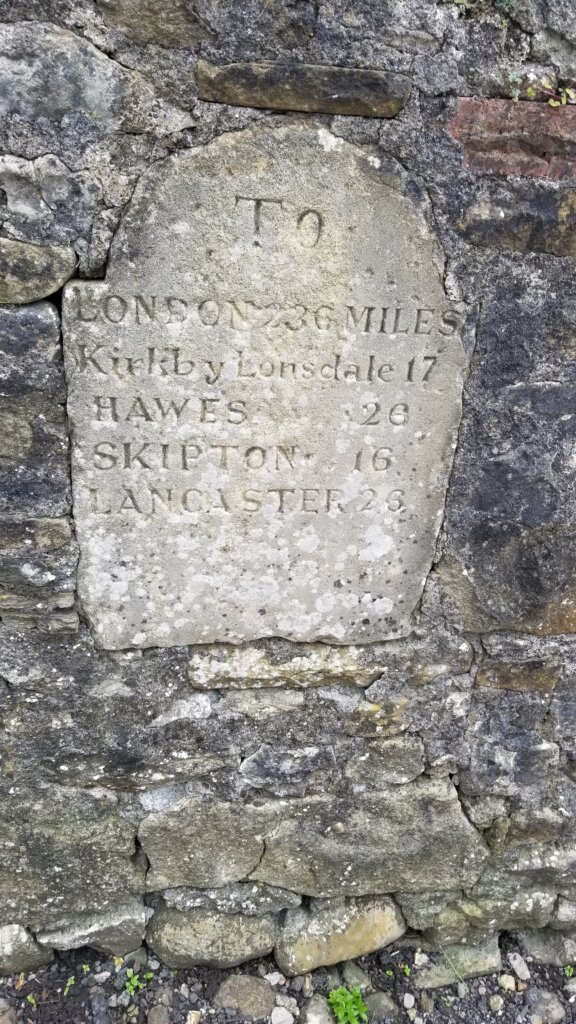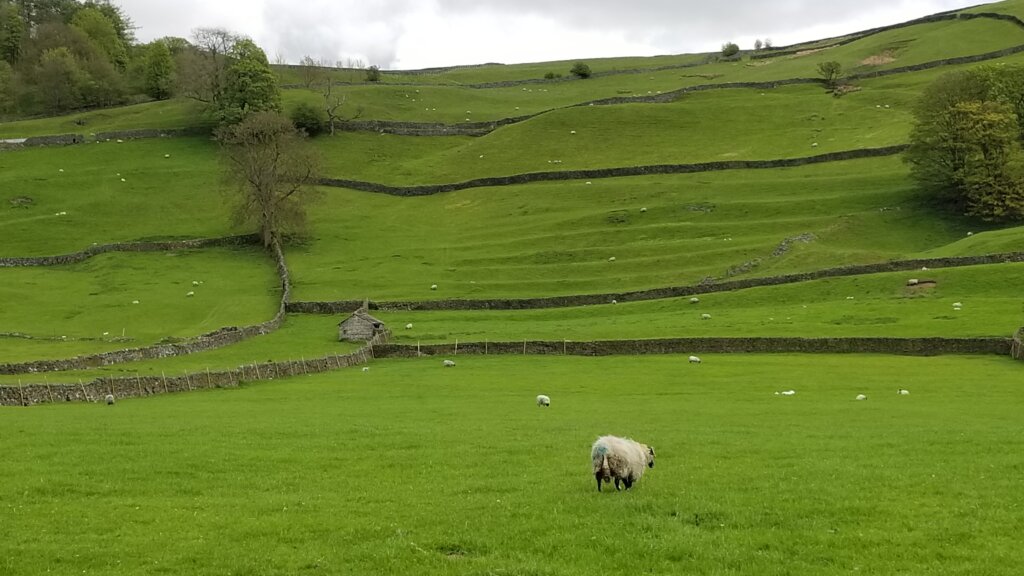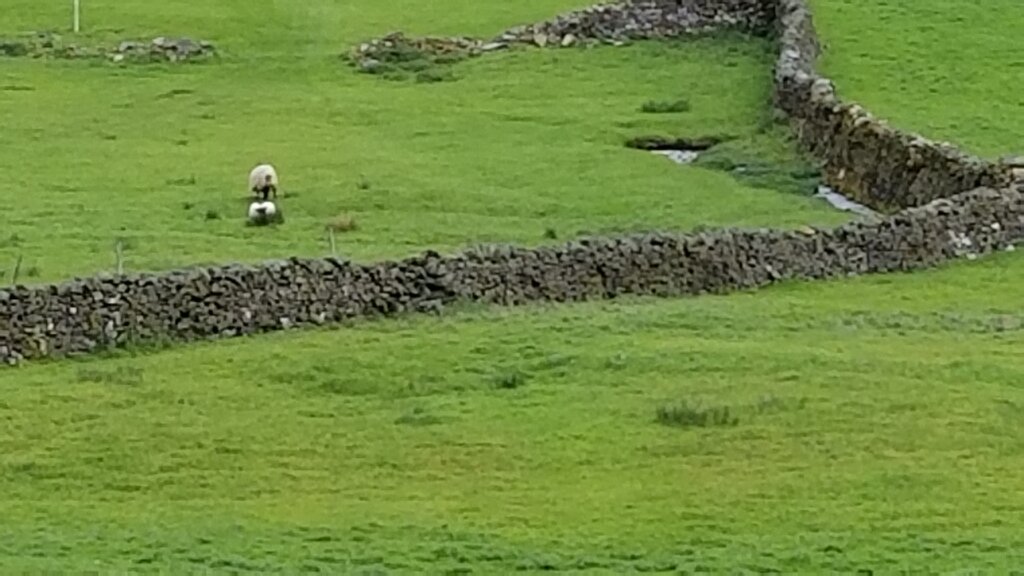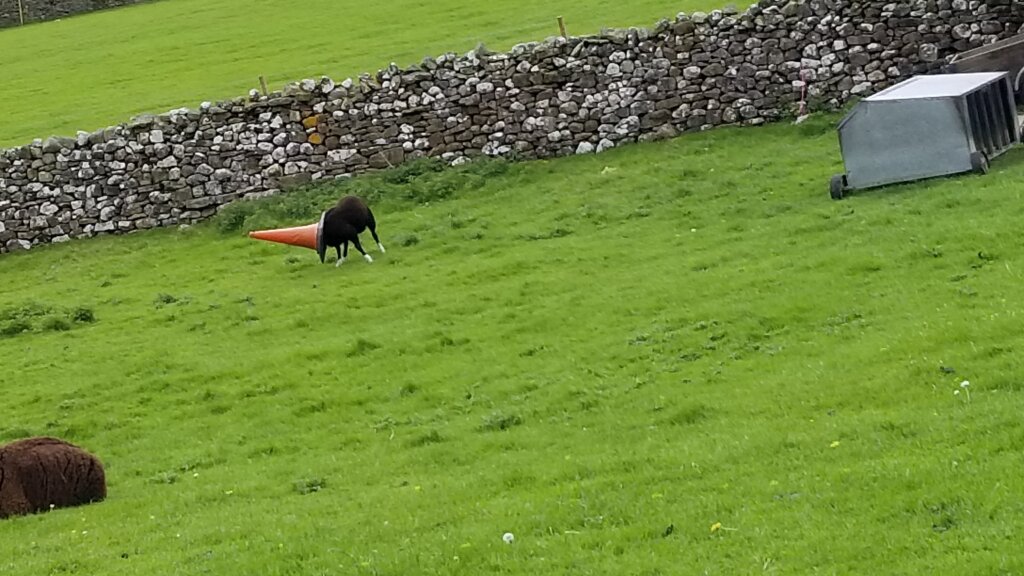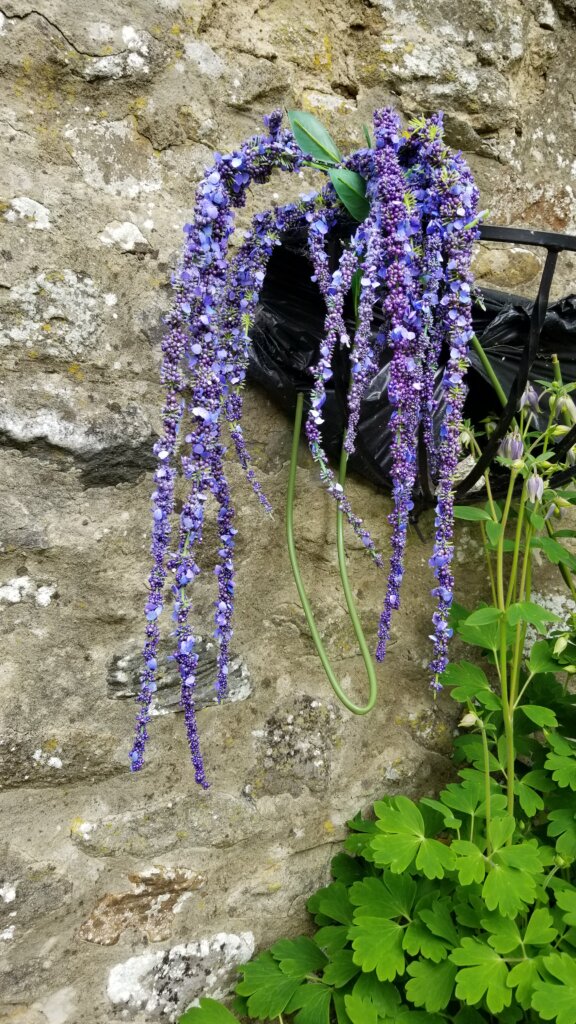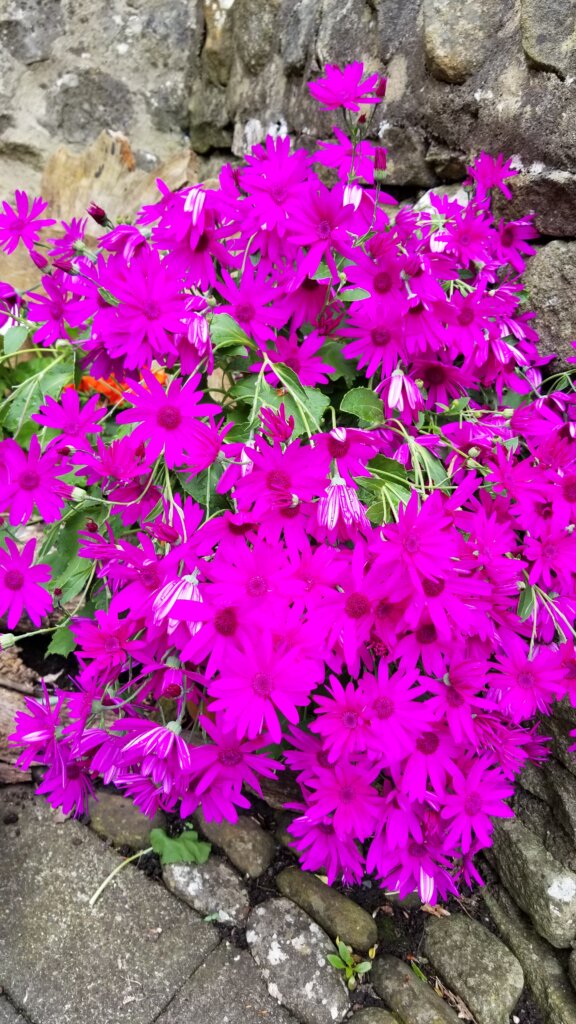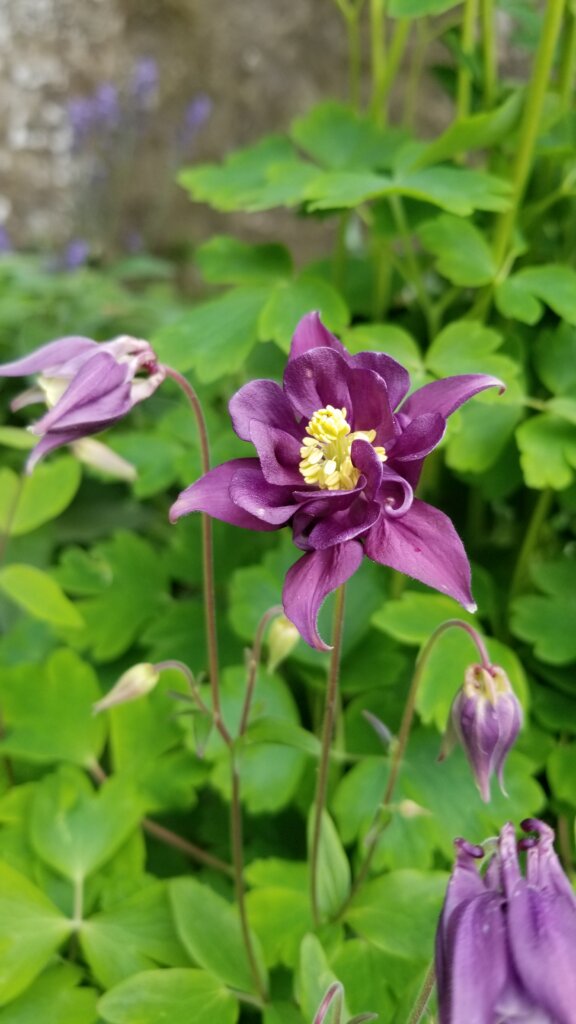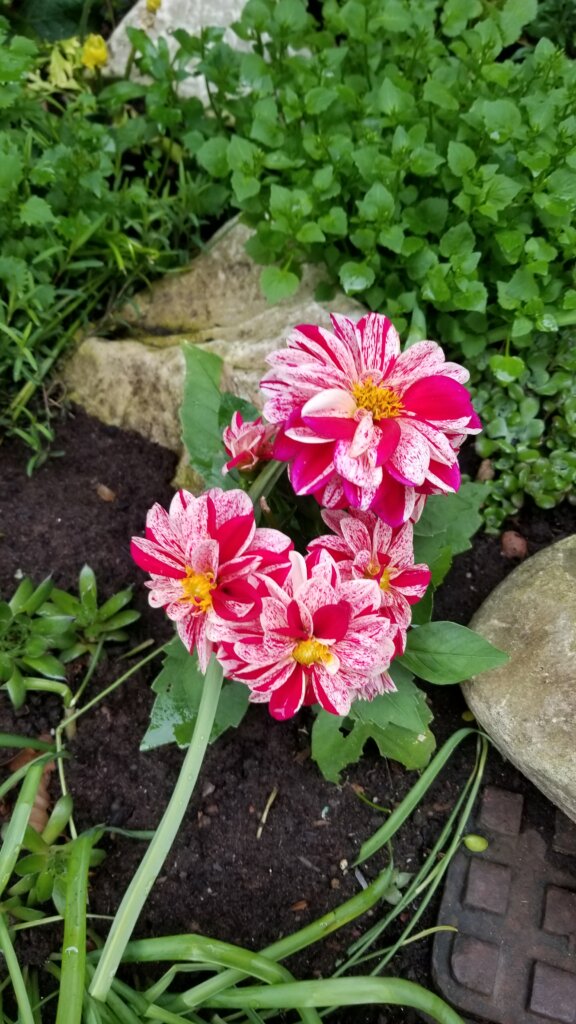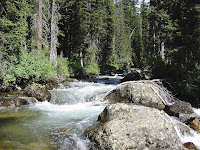
Since I last posted regularly, I’ve written three books (two adult mysteries and one juvenile nonfiction book), traveled, and been sick. The holidays blurred by, to be honest, because one of the book deadlines was December 20th. Two days ago I finished the second adult mystery.
One good thing about being sick is all the time you’re forced to be still: in waiting rooms, in recovery at home, in the night. Quiet time. Thinking time. Evaluating time.
HIATUS
What should happen when you take a hiatus from your regular life? [Hiatus = time off.] Among other things, I disappeared from my blog, newsletter and social media. I dropped out of several things at church for a while, and–this was the hardest–had to say ‘no’ a lot to my girls regarding babysitting my grandchildren.
An article, sustainable trauma recovery: taking a hiatus boosts MOTIVATION, by Robyn Mourning explains a healing process well. Her three-point recovery plan included rest, reflection, and getting re-aligned. A hiatus can be months away from your normal routine, or a week off, a weekend, half a day, or an hour long.
How should you spend your hiatus, if you want to feel the full benefits?
REST
Rest: take a breather, relax, stretch, just be.
At first, this was all I could do. I sat…on the couch, in bed with a book, in the backyard swing, down the trail by the pond. I wasn’t even thinking much. Not reading either. Catatonic mostly. Sometimes I walked rather zombie-like, appalled at how winded I was just walking! (I won a 5K race in my age group two years ago.) The walking and stretching helped get rid of the headaches and backaches from sitting too long. Being in nature is also very healing for me.
REFLECT
Reflect: become aware of your progress, what you’ve done so far, notice any big or small shifts that are providing hope and fostering resiliency.
I knew I was making progress when I wanted to read again and could focus and stay awake to read. I had a stack of fiction books (over 20) and nonfiction books (25) that had piled up this past year, unread. I also began to reflect on how I had managed to get myself into such a situation so that I didn’t repeat it.
Most of the problem was that I had scheduled myself with no margin at all last year. If NOTHING extra had come up, there wouldn’t have been a problem. But lots of extra things did occur, and being sick so often wasn’t on my calendar either. It was one of those “life happens when you’ve made other plans” kind of years. No one’s fault. My planning wasn’t wrong, but it had been unwise in the extreme not to build in any margin.
RE-ALIGN
Re-align: get re-aligned (or strengthen your alignment) with your unique purpose, your values, your goals.
Upon resting and reflecting, I realized there were a few important things I had let go of when things got so busy. One was proper exercise and sleep. One was time with friends. Another included a couple family members I lost touch with. So it was then time to re-align. I used a couple of tools for this.
One tool was the book Living Forward by Michael Hyatt and Daniel Harkavy, which is new. It came with many, many free online resources, including an excellent test which shows what parts of your life are working well–and which parts you’re drifting in, just trying to keep your head above water without being sucked down by the undertow. It pinpointed two more places I’d let slide without realizing it. Doing the Life Plan has helped me get my values re-aligned with how I spend my time.
The other book that is helping me get re-aligned is When the Body Says NO: Exploring the Stress-Disease Connection by Gabor Mate, M.D. It has been eye-opening, not at all what I expected. I’m still learning from this one.
REST. REFLECT. RE-ALIGN. You’ll be glad you did.
 Despite no rain in the forecast for two days, it feels like time to settle in today and do some solid writing. (But yes, I’ll take “walk breaks” today.)
Despite no rain in the forecast for two days, it feels like time to settle in today and do some solid writing. (But yes, I’ll take “walk breaks” today.) 
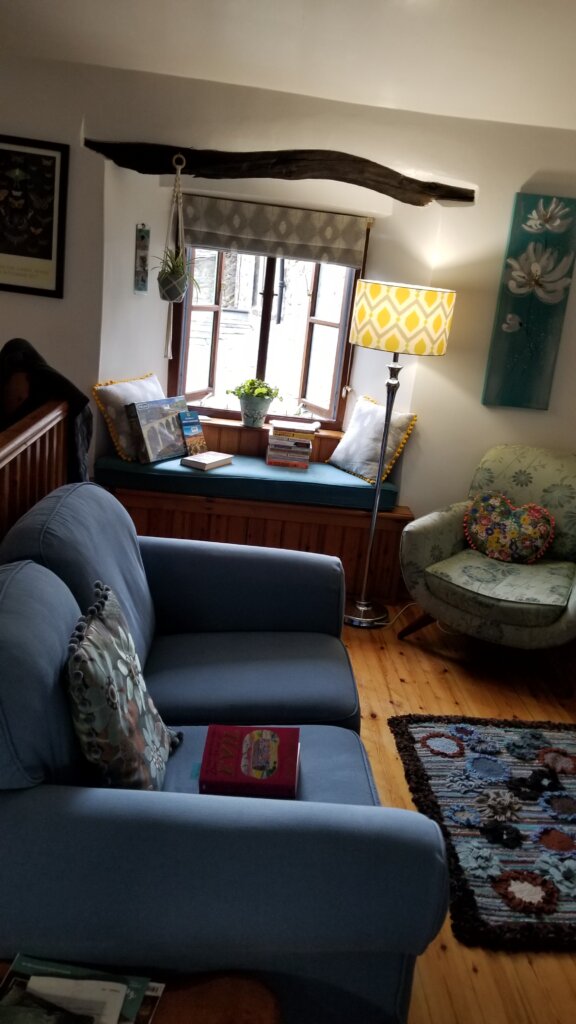

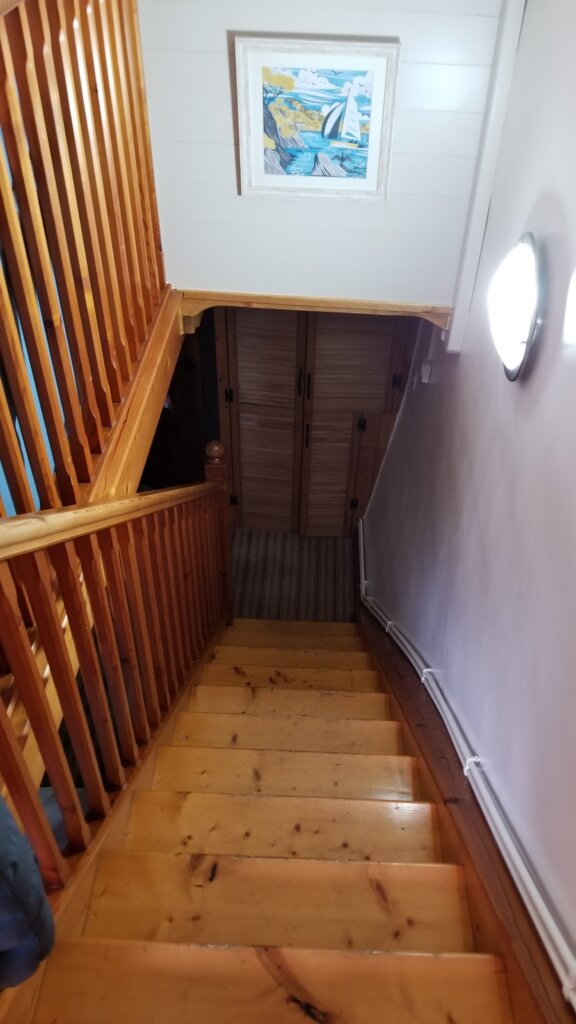
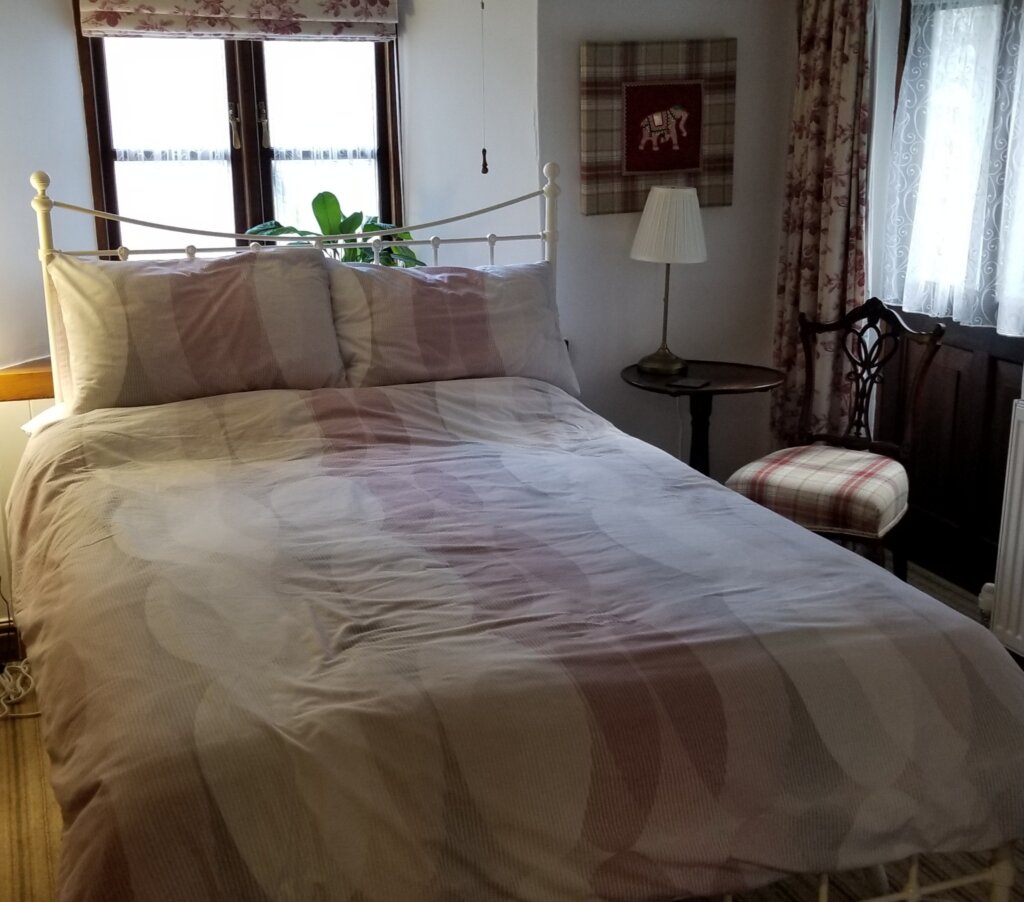
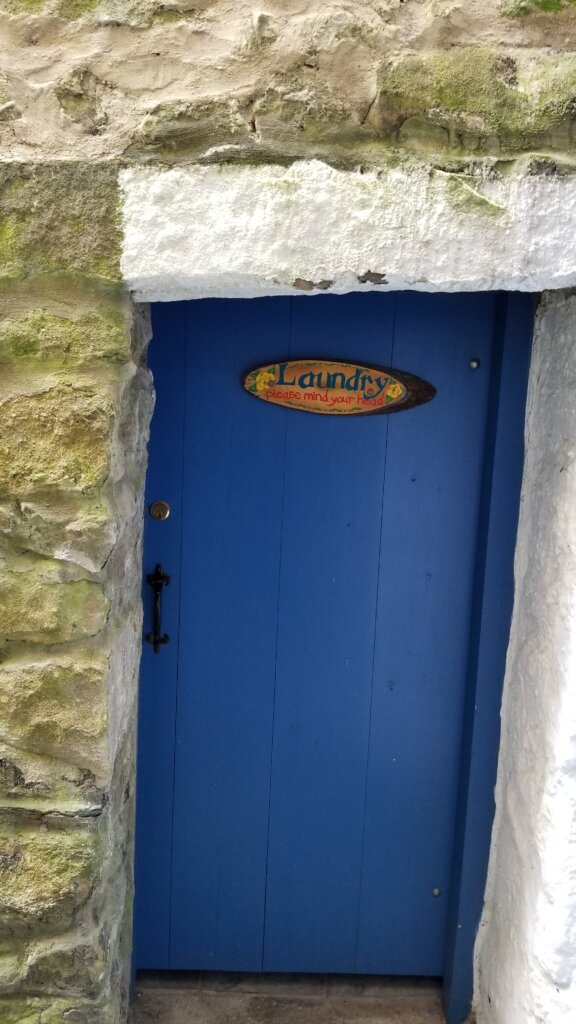
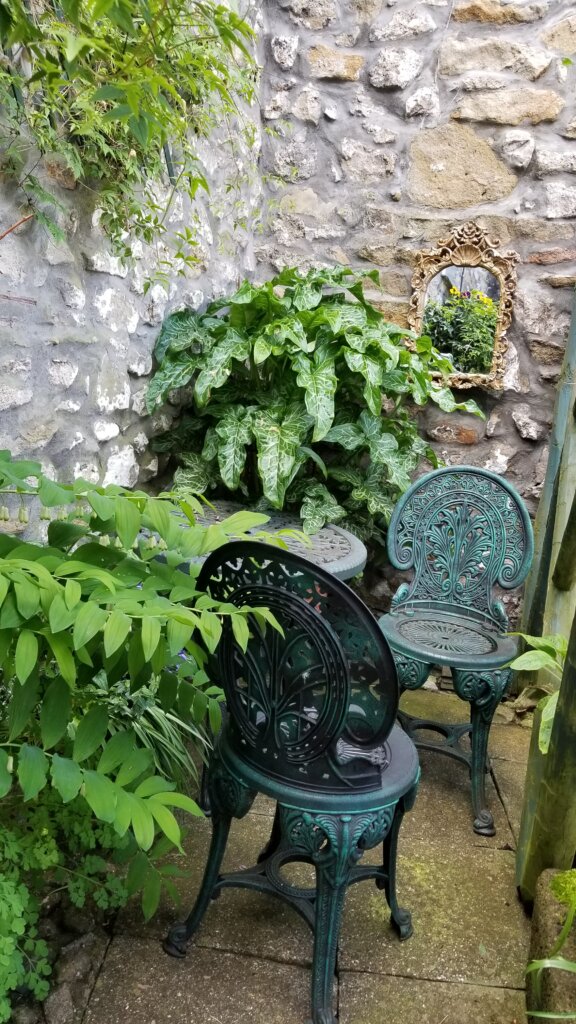
 Day 3: my walk with Julia…
Day 3: my walk with Julia…
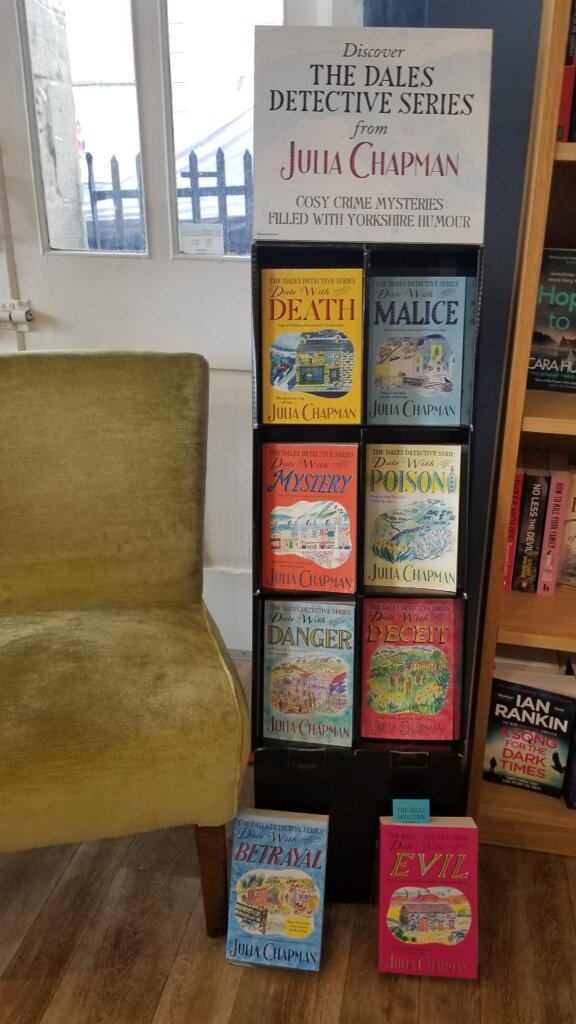
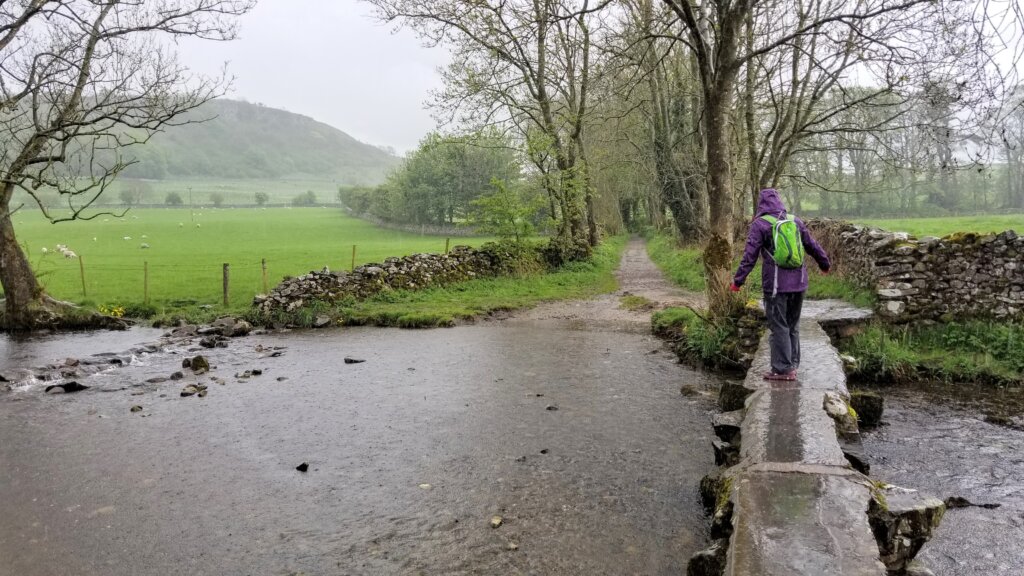
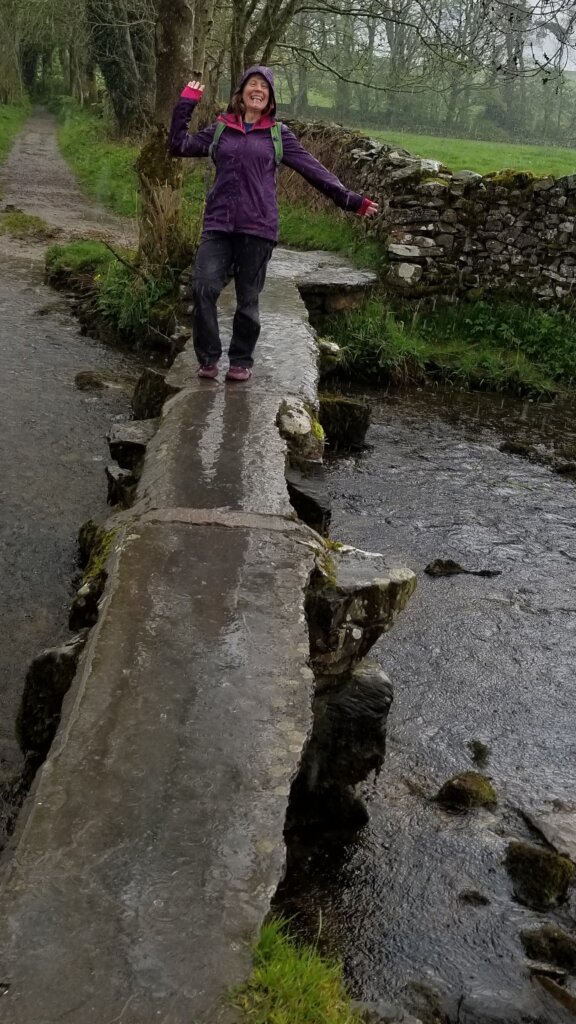





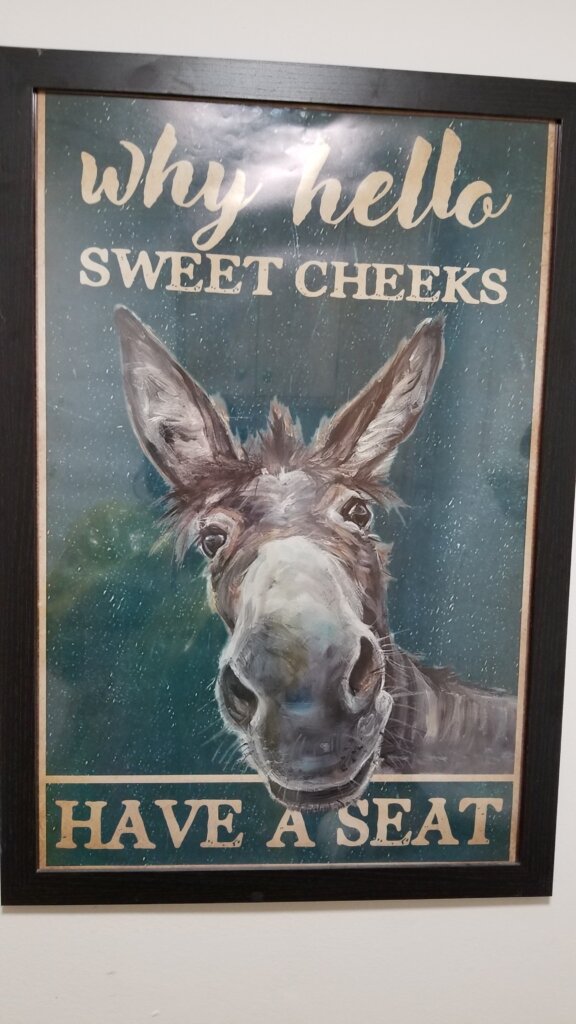
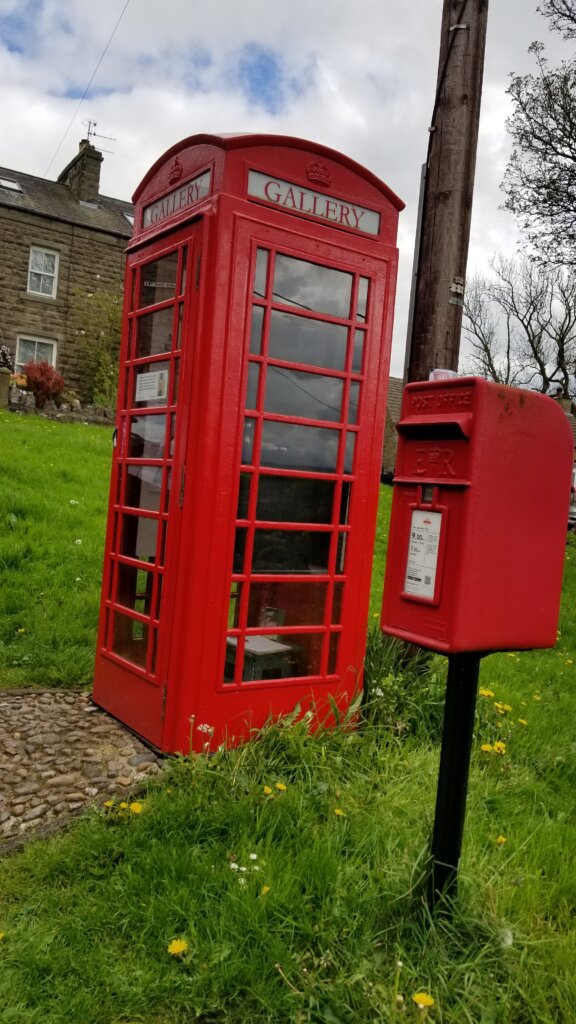 I took three walks today, just to get reacquainted with the village and buy food. (England has the BEST gluten-free bread!) Photos today include a few historic buildings in the village plus the surrounding hills, limestone crags, fields with new lambs, drystone walls zigzagging uphill, and everything so GREEN! Everywhere you turn, something is blooming in flower boxes, hanging baskets, and tiny gardens. Enjoy!
I took three walks today, just to get reacquainted with the village and buy food. (England has the BEST gluten-free bread!) Photos today include a few historic buildings in the village plus the surrounding hills, limestone crags, fields with new lambs, drystone walls zigzagging uphill, and everything so GREEN! Everywhere you turn, something is blooming in flower boxes, hanging baskets, and tiny gardens. Enjoy! 